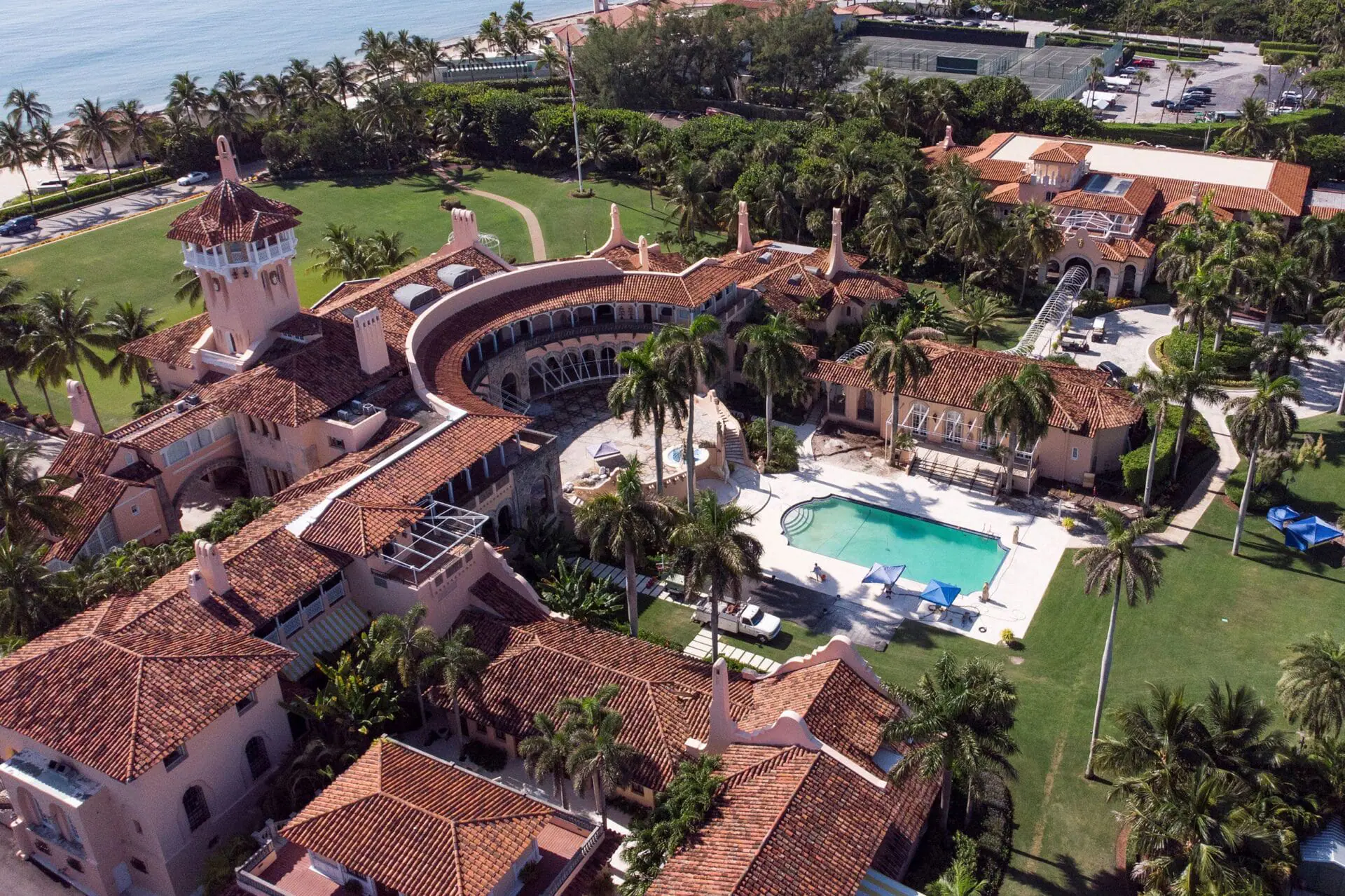FBI code name for Trump classified documents probe was ‘Plasmic Echo,’ court records show
(CNN) — Plasmic Echo – a name that could conceivably work for 1970s rock band or could describe the supernatural goo left behind by the ghosts chased in the movie “Ghostbusters” – appears to be the code name for the FBI investigation into the mishandling of classified documents from the Trump White House.
The name was revealed in unredacted court filings published on the Monday in the special counsel’s criminal case against former President Donald Trump. A case file included in the documents is marked with the case ID “[Redacted] PLASMIC ECHO; Mishandling of Classified or National Defense Information.”
The file from February 24, 2022, is an FBI summary of information the bureau received from the National Archives about classified documents that were found in 15 boxes of materials that Trump had returned to the archives earlier that year. Several other FBI documents and emails in the court submissions also refer to the investigation as “Plasmic Echo.”
The Justice Department declined to comment. CNN has also reached out to the FBI.
The name “Plasmic Echo” joins a list of other famed recent FBI investigations, including “Crossfire Hurricane,” involving Russian interference in the 2016 presidential election; “Midyear Exam,” regarding Hillary Clinton’s emails; and “Varsity Blues,” on the college admissions bribery scandal.
Trump’s legal team submitted the case file among hundreds of pages of exhibits that it says support the former president’s efforts to obtain more records from the federal government in the case.
Trump is seeking records from several agencies, including the National Archives, as well as from President Joe Biden’s White House.
A heavily redacted version of Trump’s request has been on the court’s docket for several weeks, but on Monday a version with fewer redactions was made public. US District Judge Aileen Cannon had ordered that several previously redacted details be unsealed but said that other types of sensitive information – including the names of witnesses – would remain redacted.
CNN’s Hannah Rabinowitz contributed to this report.
